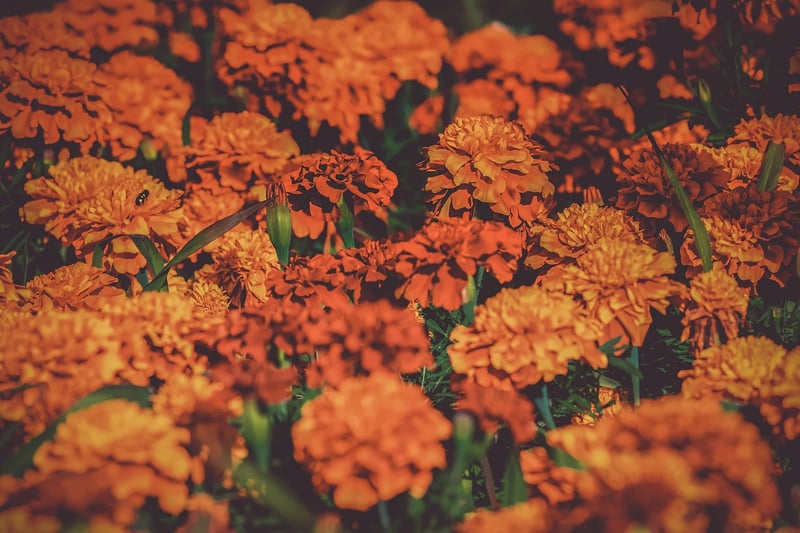Outdoor Gardens
Tips for Healthy Plants in Your Outdoor Garden
Welcome to our guide on how to keep your outdoor garden plants healthy and thriving. Whether you are a seasoned gardener or just starting, these tips will help you maintain a lush and vibrant garden that you can enjoy year-round.
1. Choose the Right Plants for Your Location
Before you start planting, consider the climate and sunlight conditions in your area. Select plants that are suitable for your location to ensure they thrive and require less maintenance.
2. Provide Adequate Watering
Water your plants regularly, especially during hot summer months. Ensure each plant receives an adequate amount of water based on its specific needs. Overwatering can be as harmful as under-watering, so find the right balance.
3. Add Nutrients to the Soil
Use organic fertilizers or compost to enrich the soil and provide essential nutrients to your plants. Healthy soil leads to healthy plants with strong roots and better disease resistance.
4. Weed Regularly
Keep your garden free from weeds that compete with your plants for nutrients. Regular weeding not only improves the overall appearance of your garden but also helps your plants grow better.
5. Prune and Deadhead
Pruning helps maintain the shape of your plants and encourages new growth. Deadheading, the removal of spent flowers, promotes continuous blooming and keeps your garden looking fresh and tidy.
6. Monitor for Pests and Diseases
Inspect your plants regularly for any signs of pests or diseases. Early detection allows you to take appropriate measures to prevent further damage and keep your plants healthy.
7. Provide Adequate Sunlight
Ensure your plants receive sufficient sunlight based on their requirements. Most flowering plants need full sun, while some foliage plants thrive in partial shade. Understand the sunlight needs of each plant in your garden.
8. Mulch Your Garden
Apply a layer of organic mulch around your plants to retain moisture, suppress weeds, and regulate soil temperature. Mulching also adds nutrients to the soil as it breaks down over time.
9. Rotate Your Crops
If you have a vegetable garden, practice crop rotation to prevent soil depletion and minimize disease build-up. Rotating crops helps maintain soil fertility and overall plant health.
10. Enjoy Your Garden
Finally, take the time to relax and enjoy the beauty of your outdoor garden. Gardening is not just about plants; it's also a therapeutic and rewarding experience that allows you to connect with nature.
By following these tips, you can create a vibrant and healthy outdoor garden that brings joy and beauty to your outdoor space. Happy gardening!

